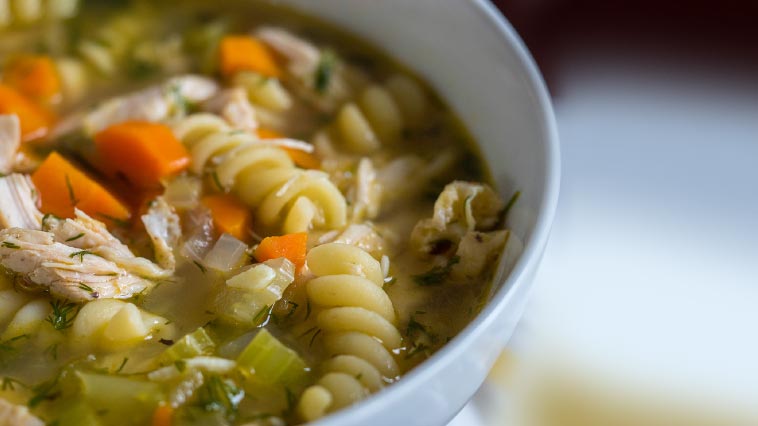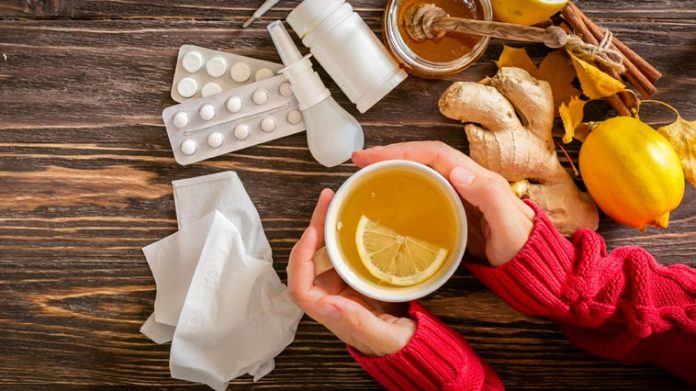Cracking Knuckles Causes Arthritis
Ever got a rap on your knuckles for cracking them? Well, tell mum not to worry about it leading to arthritis. The ‘pop’ of a cracked knuckle is caused by bubbles bursting in the synovial fluid — the fluid that helps lubricate joints. The bubbles pop when you pull the bones apart, either by stretching the fingers or bending them backward, creating negative pressure. The reason you can’t crack the same knuckle or joint twice right away is that it takes some time for the gas bubbles to accumulate again in the joint. However, chronic knuckle-cracking may lead to reduced grip strength, and there are at least two published reports of injuries suffered while people were trying to pop their finger joints.
Verdict: Crack away, but carefully.
Source: www.health.harvard.edu
Cranberries Cure Trouble Down Under
About 60 per cent of women will experience a urinary tract infection (UTI) at some point in their lives. It’s a widespread belief (even endorsed by medical practitioners) that downing cranberry juice or its supplement can prevent and treat UTIs. There is an active ingredient in cranberries that can prevent adherence of bacteria to the bladder wall, particularly E coli, but most of the studies have shown that the juice and supplements don’t have enough of this active ingredient, A-type proanthocyanidins (PACs), to prevent bacteria from sticking to the urinary tract. Although an examination of data from a number of independent studies in 2013 showed that cranberry juice reduced the occurrence of UTIs compared to a placebo in women with recurrent infections, there’s no conclusive evidence that cranberries are a solid cure.
Verdict: Can’t harm, but don’t count on it.
Source: www.health.clevelandclinic.org
The Honey Hack for Coughs
Honey contains natural anti-inflammatory and anti-microbial substances. After looking at the best available scientific evidence, public health regulatory bodies in the UK recommend using honey in children and young people to reduce the symptoms of acute coughs due to upper respiratory tract infections. Two of the studies compared it with no treatment, and one allowed ‘supportive treatment’, which included saline nose drops, water vapour and paracetamol. In both comparisons, children given honey coughed less often and had less severe coughs compared with those given no treatment. This evidence suggested that honey can be used to relieve cough symptoms, but only in people over one year of age, to avoid the risk of infant botulism (a rare and serious type of food poisoning that can affect babies). The next time you feel a sore throat coming up, ease the discomfort by mixing a little honey with warm water and lemon, or simply swallow honey straight from the spoon.
Verdict: Stock up on genuine honey.
Source: www.nhs.uk
 Chicken Soup for the Flu-ridden Soul
Chicken Soup for the Flu-ridden Soul
When you’re sneezing and wheezing, Grandma stirs up a good old bowl of bone broth. Chicken is especially rich in a compound called carnosine, and it’s what studies suggest helps reduce that stuffy, congested feeling in your nose and throat. When cooking bones with joint tissue on them (like necks, knuckles, ribs or the leftover carcass from a roasted chicken), the gelatin, glucosamine and chondroitin contained within are released into the broth, absorbed by our bodies and used to repair and rebuild our own connective tissue while reducing inflammation, helping you to get back on your feet faster after a bout of illness. Also, the combination of gelatin and glucosamine can help protect and heal the lining of the digestive tract, important for when we’re feeling under the weather.
Verdict: Yes, soup up!
Source: bbcgoodfood.com





































